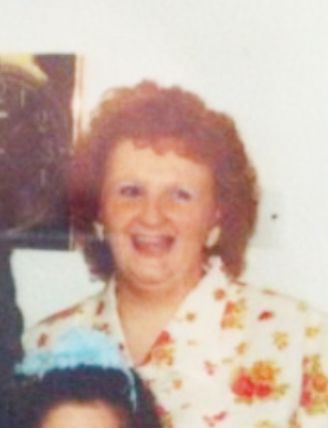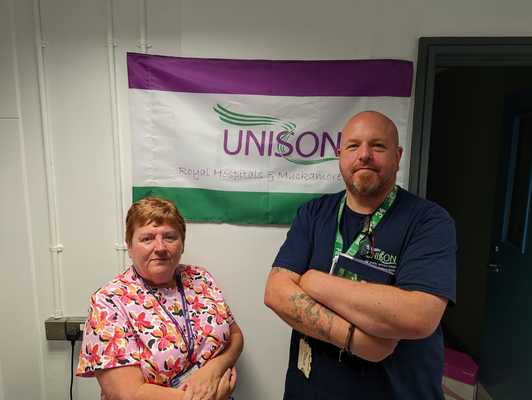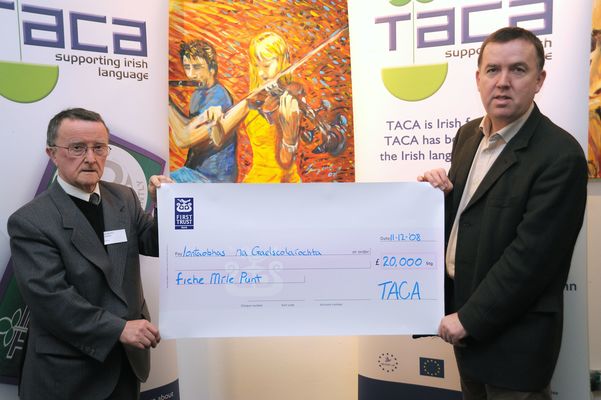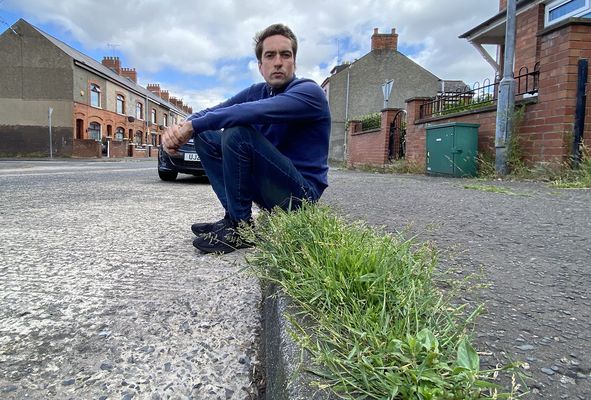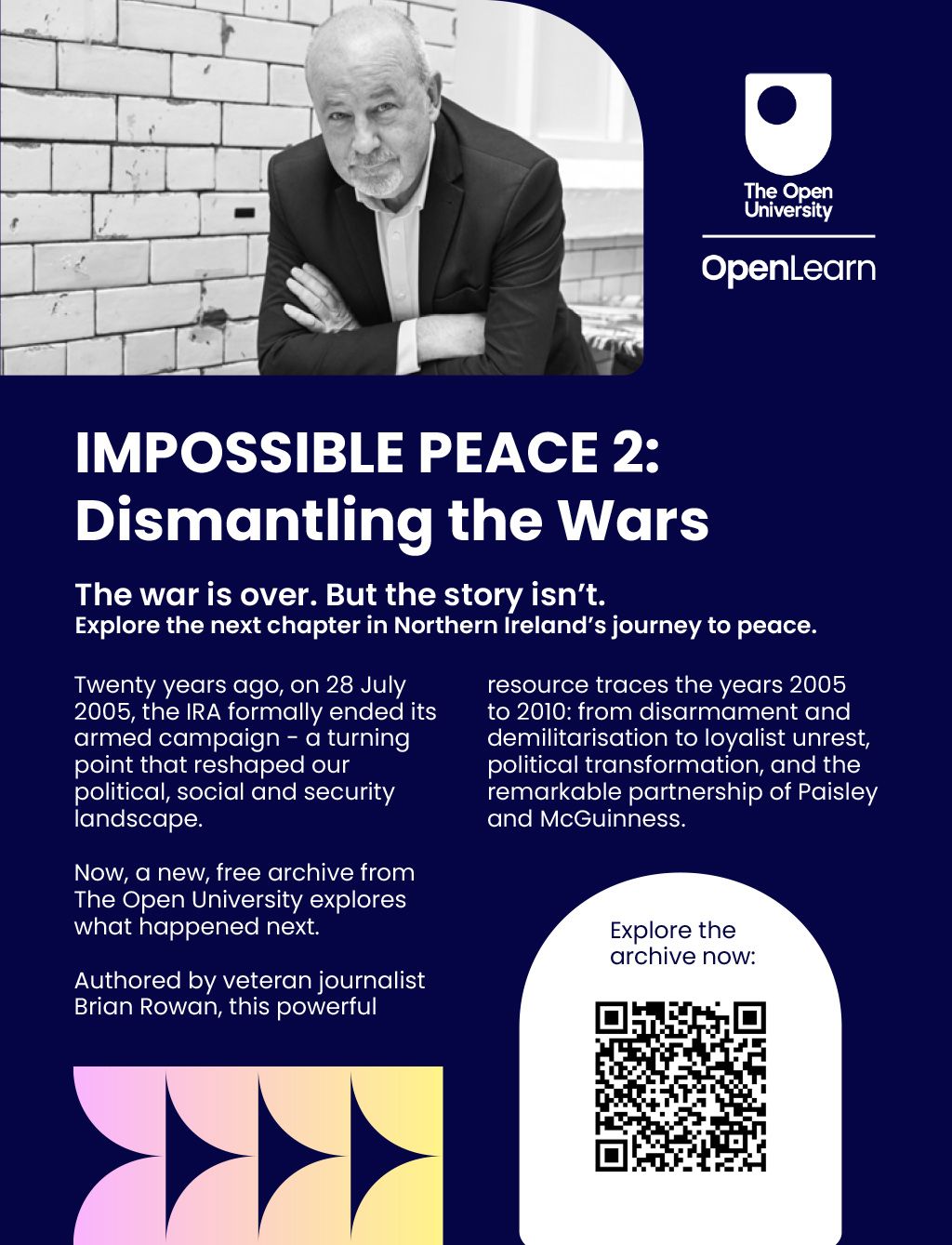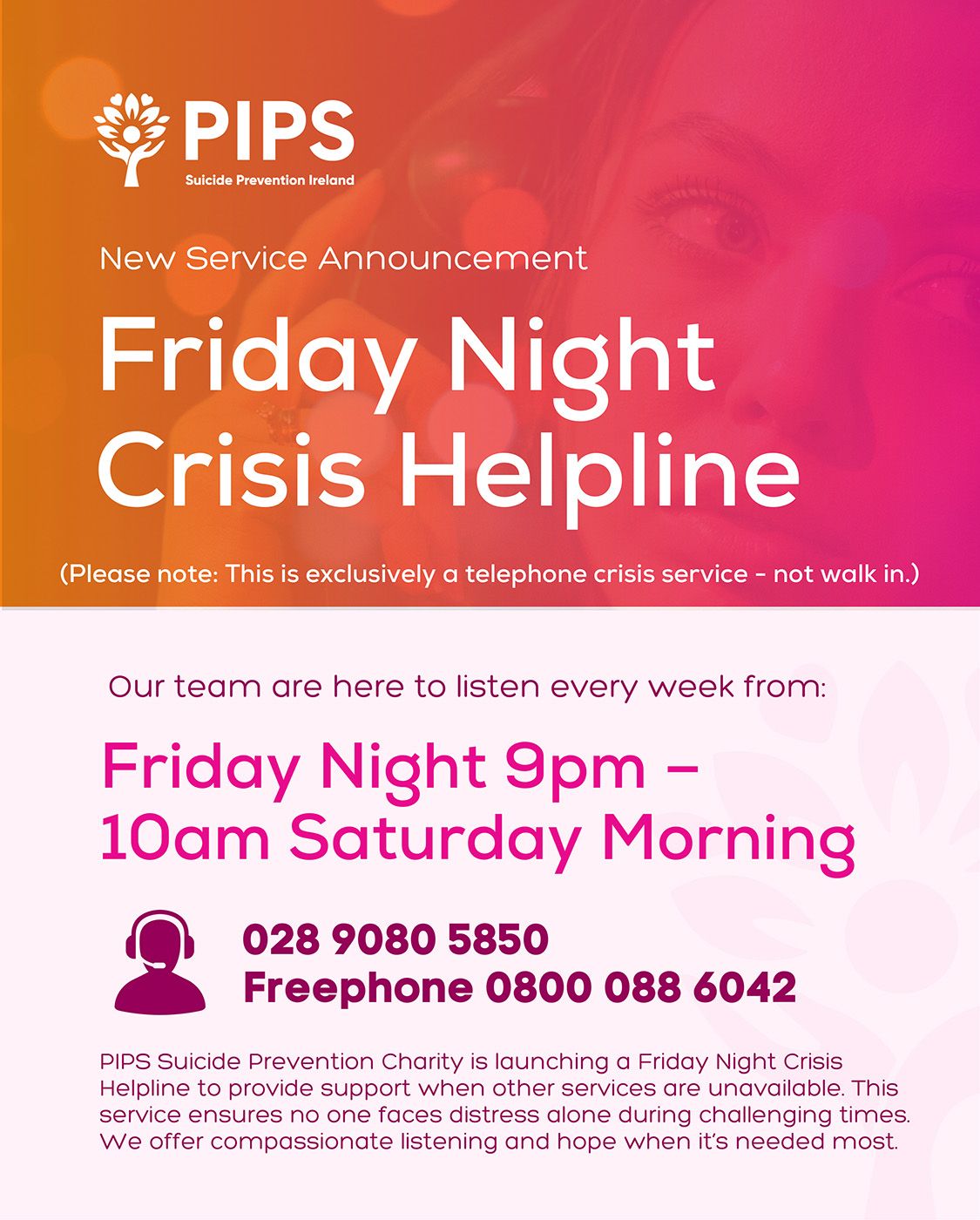THE sister of a Springfield Road pharmacy worker and mother-of-two, who was gunned down by the UDA, has spoken of the "generations of grief" caused by her murder.
Philomena Hanna (26) was shot dead by the UFF – a cover name for the UDA – at the chemist shop where she worked near the Lanark Way interface on 28 May 1992.
Speaking ahead of her 30th anniversary, her sister, Leontia McAuley, described her as an "extremely generous and kind person" who "lived for her kids", Katie and Deborah.
"She would've done anything for anybody, and she did – that was the legacy she left behind," she said.
Leontia told how Philomena had served both sides of the community, delivering medications and supplies to people on the Springfield and the Shankill where "she knew a lot of people as well".
Philomena's murder was later attributed to notorious UDA killer Stephen 'Top Gun' McKeag.
Leontia recalled the final moments she spent with her sister, just minutes before she was murdered.
"She came down to the family home because my mummy and daddy looked after the kids," she said.
"I was running late for work, she was sitting at one end of the table and I was at the other. I got up to go to work and we said cheerio. She went to work and she was laughing at the fact I was late for work.
"When I got to work a girl that I work with came in and said someone was shot on the Springfield Road in a chemist. I just phoned home and that's when I was told that she died."
She said the pain of Philomena's murder "never dies".
"You're passing on grief to generations down the line," she said. "You don't deliberately do it, but your grief is so profound that you pass it on.
"My father died eight months after Philomena. He was waiting to see her two children one day – I went to collect them and when I came back he was dead.
"My family would've looked after the kids. Philomena's husband moved from the area and they moved schools, so it was a big upheaval for them. The normal routine that they were in was all over the place.
"The impact was instant and it's still ongoing.
"Deborah knew her mummy, Katie didn't but she wants to know everything about their mummy. Their lives have been impacted greatly. Katie got married and her mummy wasn't there. They had babies, she wasn't there. It's just a constant empty seat at the table. No matter what my sister, mummy and brother did it was impossible to fill that hole."
Leontia told how Philomena's killing was never investigated. Her killer, Stephen McKeag, was responsible for a series of sectarian murders.
Just nine months later, McKeag's state-backed loyalist death squad murdered 17-year-old Damien Walsh, another innocent civilian, at the Dairy Farm.
"If there was an investigation he (McKeag) would've been arrested," Leontia reflected.
"We went to the police, but there was nothing. I've been to London, Brussels with other families to try to get justice, but there was nothing at all."
She added: "I'm not sure that I have any hope that there will be justice, but there's a hope there that you're doing something for you sister because you couldn't do anything for her when she died."
She said McKeag, who died of an overdose in 2000, was allowed to act with "impunity".
"I don't think there is any closure," Leontia stated. "There are plenty of families that are fighting for justice that he has left behind," she said.
"The system, I don't think, allows for that to happen.
"The Ballymurphy Massacre Families have had to fight for 50 years. This is only 30 years, so this is relatively new. There's a trail of people before Philomena and a trail of people behind her.
"The system will probably never allow us to get justice for our loved ones – it's not good enough, but that's what we're dealing with at the moment."

